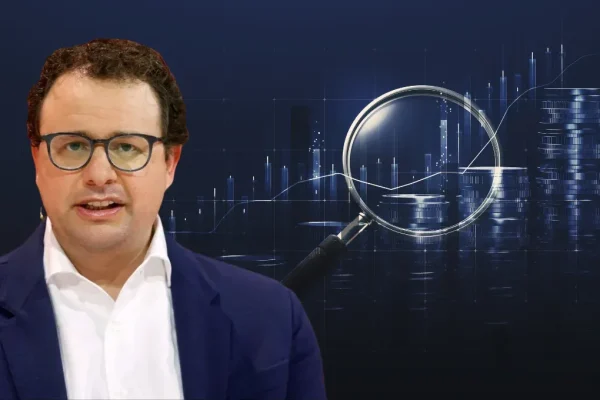A new workforce survey reveals a surprising shift in career trends driven by rising concerns over artificial intelligence. According to a study by workplace safety firm TradeSafe, white-collar professionals are increasingly considering careers in the trades due to growing fears that AI and automation could replace their jobs. Meanwhile, many blue-collar workers are looking to transition into AI-related office roles, lured by better pay and benefits.
The survey polled 1,000 U.S. employees and found a significant level of anxiety tied to job security in an era of rapid technological disruption. Among white-collar respondents, 43% said they fear AI may soon take over their roles, and 56% expressed general anxiety about the future. Over half (52%) viewed trade professions as more secure than their current office jobs—prompting 12% to report they had either already moved or were preparing to shift into blue-collar work.
Top reasons cited for this transition included a better work-life balance (46%) and job stability (44%), with industries such as media, marketing, and healthcare among the most affected.
Burnout also played a major role. Nearly half (48%) of white-collar workers saw trade jobs as a way to escape corporate fatigue, with 41% admitting they were already burned out. Many viewed AI not only as a job threat but also as a symbol of deeper dissatisfaction with corporate culture and a lack of fulfillment.
“It’s as much an emotional shift as an economic one,” TradeSafe noted in its report, adding that AI uncertainty is amplifying long-standing frustrations.
Conversely, many blue-collar workers now view AI as an opportunity rather than a threat. Around 40% said they were planning or preparing to move into white-collar positions, drawn by higher salaries, benefits, and the desire to escape physically demanding jobs that often lead to burnout.
Interestingly, 43% of these blue-collar respondents believed office professionals tend to romanticize trade work without fully understanding its challenges. Despite the perceived risk—53% of blue-collar workers believe AI poses a greater threat to office roles than to their own—many still view the transition as worthwhile.
The survey also found that only 27% of blue-collar workers think their current jobs are at risk of being replaced by automation. But for those in energy, construction, and retail, the pull of white-collar opportunities is strong—especially with AI tools potentially making it easier to adapt to professional environments previously seen as inaccessible.
“The desire for change is real,” the report states. “It’s not just about AI replacing jobs—it’s about workers across sectors seeking better pay, balance, and a sense of control.”
Ultimately, the study reveals a two-way migration reshaping the U.S. labor landscape: white-collar workers looking for hands-on, stable roles in trades and blue-collar workers using AI to unlock new paths into office careers.





















